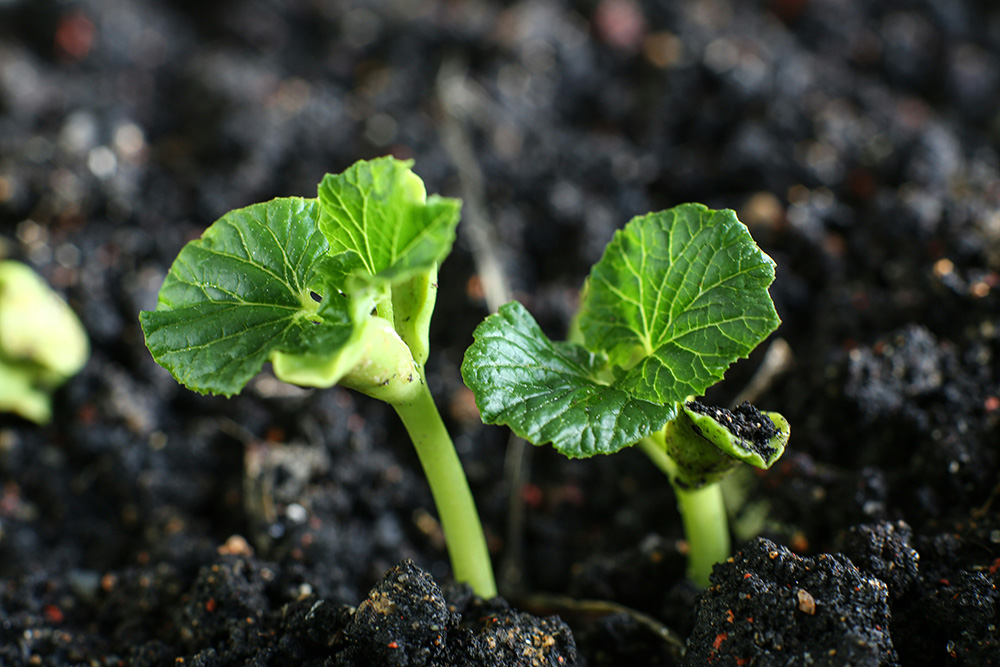
(Unsplash/Mohd Hasrul Nizam Bin Sabani)
Consciousness sometimes takes a long time to evolve. This has been true for me regarding my current interest in agriculture.
Although I grew on a small acreage in the country surrounded by farmers, I only had the experience baking bread and cookies for the neighbor harvesters and pulling weeds in my mother's garden, a task I did not enjoy. My mother, on the other hand, loved working in the garden and produced most of the vegetables we ate either fresh, canned or frozen. We were never without food.
However, in recent years, food insecurity is one of the top headlines. There is almost daily news about refugees leaving their countries because of inability to grow their own food. Hearing this and about food deserts in our own country, light began to dawn about the growing seriousness of the issue.
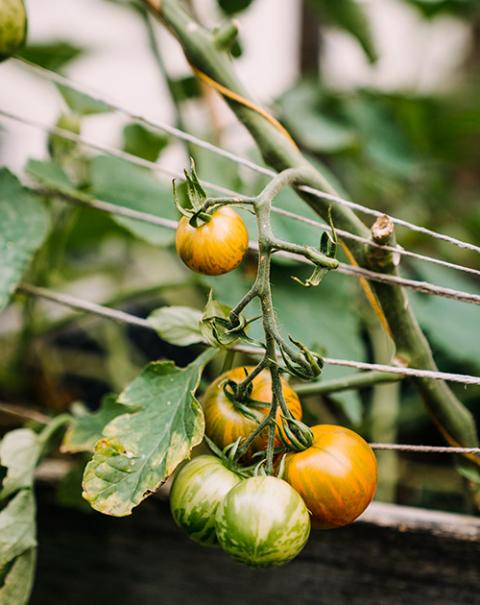
(Unsplash/Pascale Amez)
I began to hear that crises of food insecurity, along with racism and colonialism, were related not only to climate change, but also to centuries of soil degradation. Soil degradation has been the consequence of hundreds of years of farming methods that gradually prevented rainwater from penetrating the soil and to be held there so that plant roots could go deep enough to survive times of drought.
We humans have exacerbated and even accelerated the impact of climate change. We had lost our relationship to and respect for the Earth and the wisdom of nature.
Pope Francis' prophetic work on our relationship to the Earth, Laudato Si', burst upon the scene in 2015, hoping to wake us up and give a greater context for all of these issues. But I personally did not really wake up until 2022, when the Hilton Humanitarian Prize was awarded to the Norwegian Refugee Council. As I listened to their story, what moved me most was the struggle refugee camps were having to provide food for the encamped families and learning more deeply about the impact of people moving because of food insecurity.
So, in 2023, I was thrilled that One Acre Fund was awarded the Hilton Humanitarian Prize. I saw this organization as one answer to the issue of food insecurity caused by climate change. It is an initiative of keeping people at home and able to provide food for themselves. This organization teaches small Indigenous farmers new ways of farming that regenerate the soil and recreate biodiversity along with business skills to sustain their families' needs.
Advertisement
The only downside of the organization for me, as someone who wants to promote women, was that it was basically male-dominated. However, since 2023, they incorporated more women in leadership and as business partners.
But their being chosen for the prize got me searching for women's organizations engaged in similar agriculture and business pursuits. I found a few, but none with the scale One Acre Fund provides.
As I pondered this information, it dawned on me — sisters. I had traveled to countries all over the world and began recalling who was doing the farming: sisters along with girls and mothers. What if there would be a way to gather sisters into a similar organization that focused on working with small land holders in their areas who could share best practices and support one another? Many were already working with women's or community groups, but were not scaled.
I also wondered how I could find out if these women were using the new methods of farming that were successful in providing food security, addressing climate change and having economies of scale, which required training in business skills.
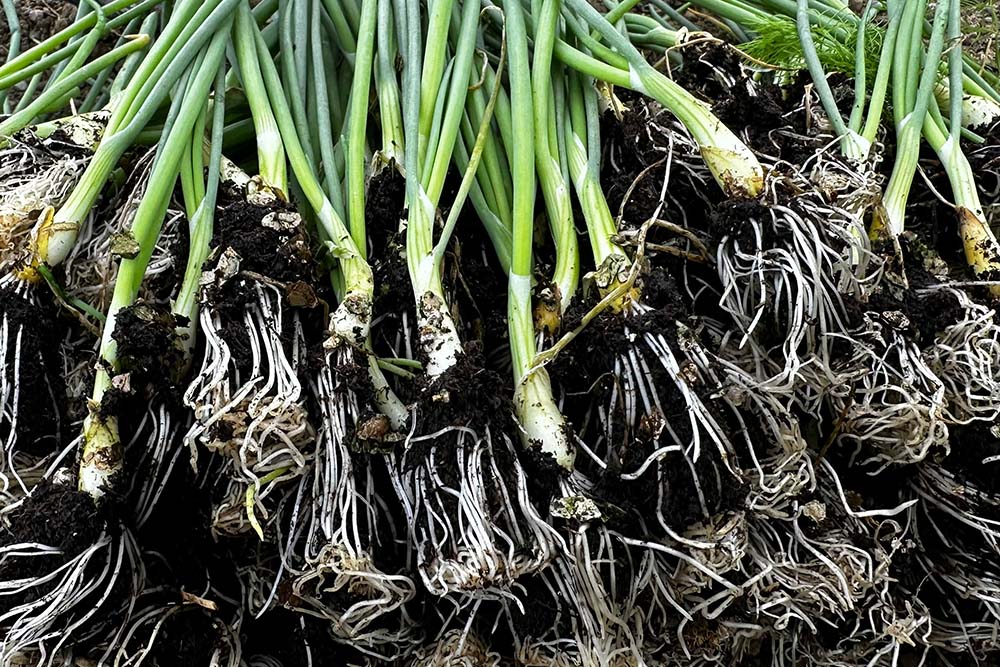
(Unsplash/John Cameron)
I had come to know of one new method of farming as regenerative agriculture. Some sisters had reported that they were doing organic farming, trying to wean themselves and others off of chemical fertilizers and insecticides. These practices had already begun in the mid-2000s, but I didn't know how widespread they were.
As I pondered how to gather international groups of sisters, it eventually dawned on me: WhatsApp.
WhatsApp could be a vehicle to form a group of sisters who could share and advise one another of new methodologies and best practices. I wrote to a few sisters I knew who were farmers and asked them if they had heard of regenerative agriculture or something similar. Through them, I learned different names of these new methods, permaculture being one of them.
I told the sisters about my idea and asked if they would be interested in being part of such a group. When three answered affirmatively, we set up the WhatsApp group that we named Sustainable Agriculture. I encouraged them to invite others to join and gradually, sisters from several countries began to participate, asking questions about issues they were encountering, giving one another advice and sharing stories and photos of their farms, gardens and produce. It was exciting to see it evolving.
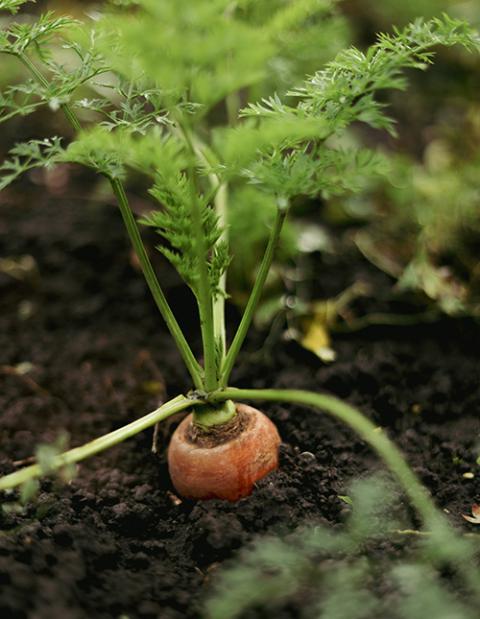
(Unsplash/Viktoriia Filipchenko)
We now have a small organizing team, three sisters from Kenya, Zimbabwe and Uganda and two members of my congregation's Laudato Si' Office. We have never met in person as a group, communicating only by WhatsApp and email.
Our first Sustainable Agriculture gathering met online this past February. About 30 sisters were able to be present. Even though about 75 sisters from several African countries, India and even the U.S. have signed on, electricity and network issues are ever present, along with time zone and schedule conflicts. We do record the gatherings so that those who cannot attend live can access the input later. Having the recording was helpful to many.
After the first meeting, we polled the sisters to find out what they might find helpful for education; we now have a list of ideas.
We have discovered that sisters are at different stages of farming experience. Some have been trained in agriculture and finance and are managing large tracts of land, even beyond 250 acres. Others have small farming ventures and gardens, but also those doing the work with little or no training.
Some had been assigned to the task just because someone was needed. There are sisters deeply involved with training others and some are solo farmers. Some are just beginning and interested in what is being done in different parts of the world.
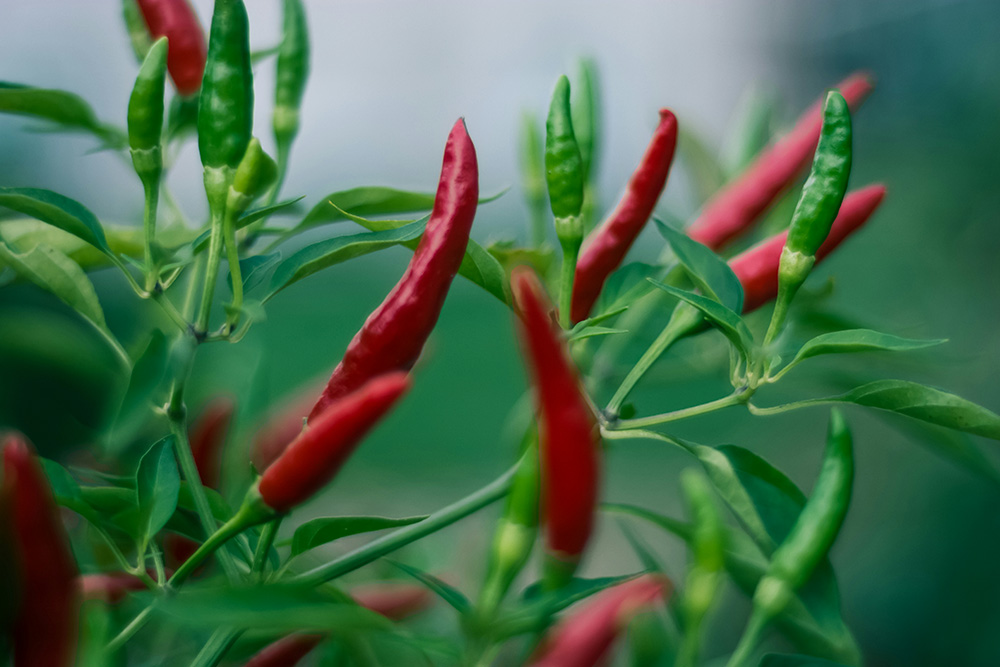
(Unsplash/Steve Johnson)
Our second gathering was this past June, when we invited a resource person to teach us about permaculture agriculture. Again, the group was small, but there were new people attending who had heard about it from friends.
We chose the topic so that we might have a baseline understanding of these new methodologies that include soil health, water management, agroforestry, biodiversity, crop rotation, ground cover, no-till planting and many other issues. We are now thinking about what further education sessions the sisters would find helpful.
Even though we are just beginning, I believe the movement will continue to grow. We are all concerned about food insecurity and care for our Earth, so sharing information and experiences will help our world address our planet's climate issues, food insecurity and displacement of people.
We welcome any sisters who might be interested to learn from others and share experiences. Our recordings are also available if anyone is interested and can contact me at jmeyer7394@gmail.com.







